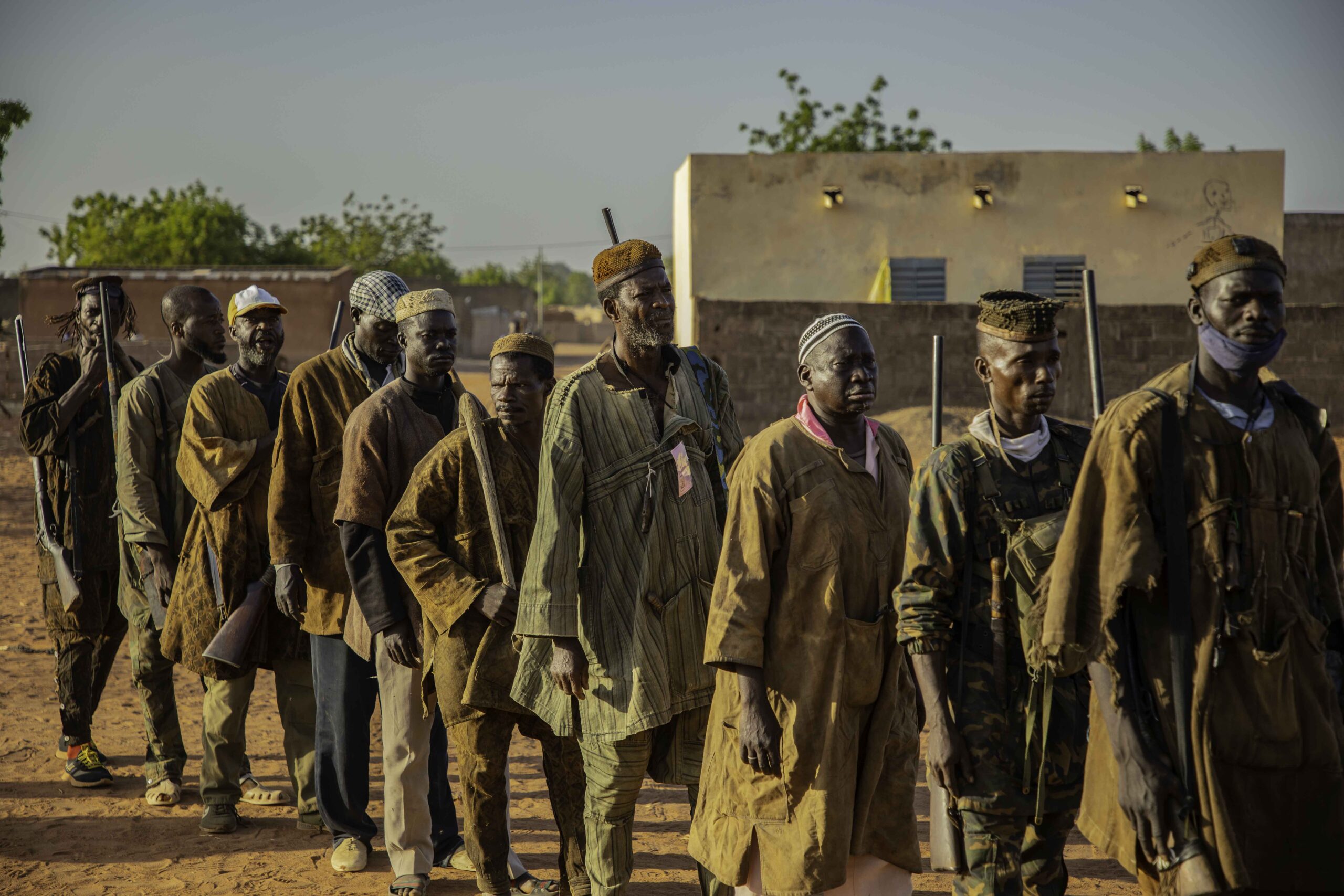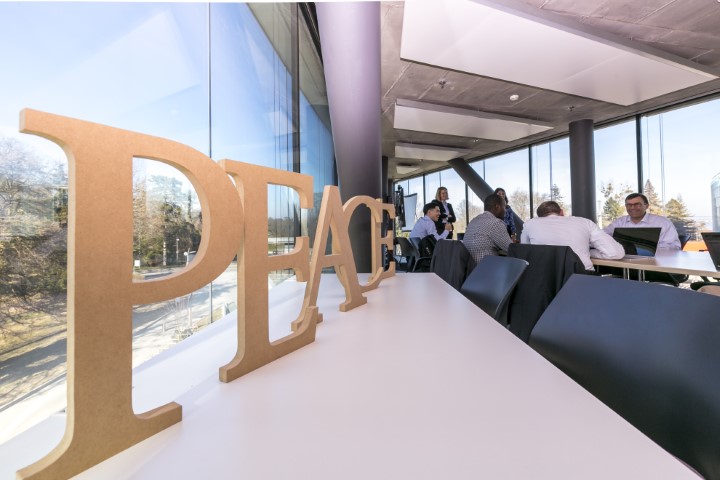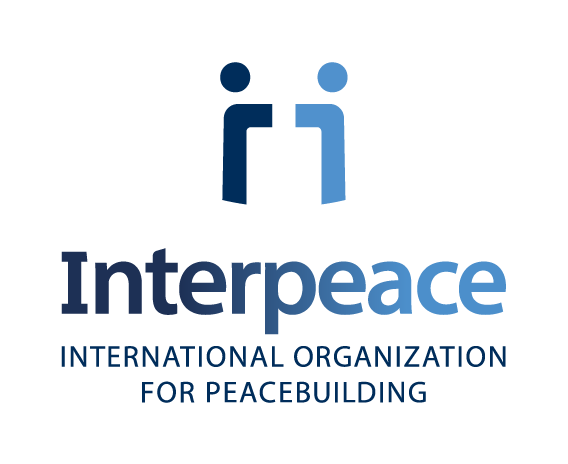Against this backdrop, Interpeace has made significant advances in its strategic aim of Rethinking Peace. Among the notable developments are the transitioning of the Principles for Peace Programme - a global multi-stakeholder initiative conceptualised, seeded and housed in Interpeace - into an independent foundation that will now take forward the effort to align international peacemaking practices with principles that have been developed inclusively, with and for people and communities that experience conflict.

At the global level, research reports from our Rethinking Stability initiative engaged 200 stakeholders in Mali with lived experience, as well as 600 stakeholders with in-country, policy and practical experience, of securitised stabilisation missions in various capital cities to co-create avenues for bringing more peace responsive awareness to stabilisation actors and for shaping the discourse on stabilisation.
Finally, through our Finance for Peace programme, the finalisation of the Peace Bonds Feasibility Study paved the way to engage private sector actors on both the viability and potential effectiveness of private sector investment in peace. The report was shared with a number of stakeholders at peacebuilding fora and the study helped to secure follow-up funding for the programme, which is now focused on setting global norms, mobilising donors and encouraging private sector commitment.

Strategic Aim 1: Rethink Peace
In the past, there has been significant violence during elections in Kenya, which displaced many Kenyans and caused the loss of lives and livelihoods. Electoral-related violence is linked to the historical and socio-political marginalisation of some populations and elite manipulation of identity. Peacebuilding actors have worked together to mitigate skirmishes, address the causes of violent conflict, and strengthen social resilience for peace.
Against this backdrop, Interpeace has made significant advances in its strategic aim of Rethinking Peace. Among the notable developments are the transitioning of the Principles for Peace Programme - a global multi-stakeholder initiative conceptualised, seeded and housed in Interpeace - into an independent foundation that will now take forward the effort to align international peacemaking practices with principles that have been developed inclusively, with and for people and communities that experience conflict.

At the global level, research reports from our Rethinking Stability initiative engaged 200 stakeholders in Mali with lived experience, as well as 600 stakeholders with in-country, policy and practical experience, of securitised stabilisation missions in various capital cities to co-create avenues for bringing more peace responsive awareness to stabilisation actors and for shaping the discourse on stabilisation. Interpeace’s learning agenda on mental health and psychosocial support (MHPSS) engaged approximately 70 stakeholders from Kenya, Ethiopia, Somalia, Ukraine, Cyprus and Rwanda to develop forthcoming guidelines for integrating MHPSS, peacebuilding and livelihoods approaches into programming that fosters holistic transformation for individuals, families, communities and states.
Finally, through our Finance for Peace programme, the finalisation of the Peace Bonds Feasibility Study paved the way to engage private sector actors on both the viability and potential effectiveness of private sector investment in peace. The report was shared with a number of stakeholders at peacebuilding fora and the study helped to secure follow-up funding for the programme, which is now focused on setting global norms, mobilising donors and encouraging private sector commitment.

